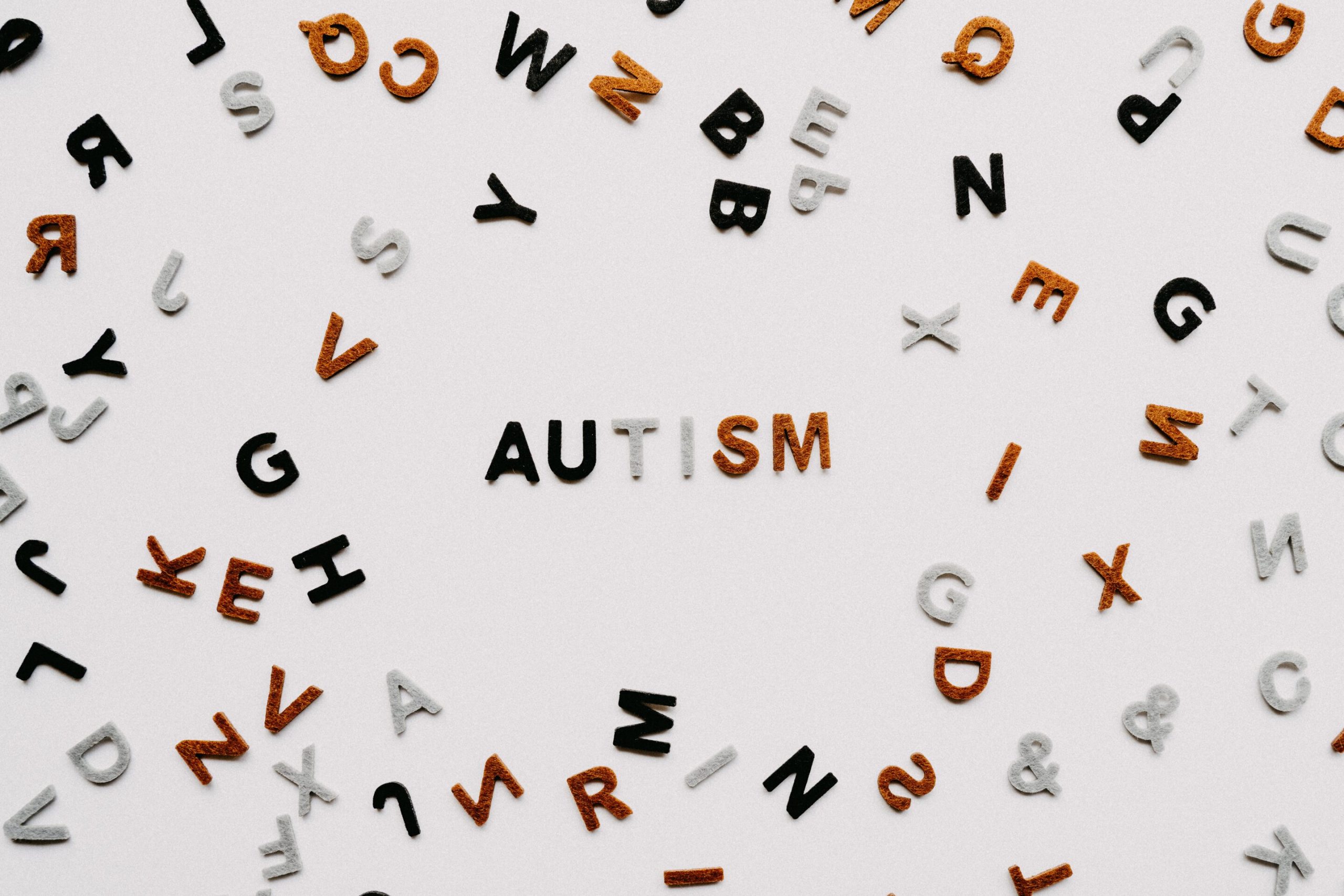The earlier infants begin to taste small samples of solid food, the earlier they eat more food and stop breastfeeding. This is shown in a new study from Uppsala University and Sophiahemmet University, in which the mothers of 1,251 infants from all over Sweden participated. Almost half of the infants received tastings at the age of four months.
“Existing research does not support the idea that the introduction of early tastings has health benefits for the child or the mother,” says Eva-Lotta Funkquist, Senior Lecturer and midwife, one of the researchers behind the article. “On the other hand, we know that breastfeeding has many health benefits for both the child and the mother. For example, the child is protected against infections while breastfeeding, and both mother and child have a reduced risk of cardiovascular diseases.”
Since 2011, the Swedish National Food Agency has advised parents that they can introduce tiny tastings for infants from four months of age. The World Health Organisation (WHO), in contrast, recommends breastfeeding exclusively for six months and continued breastfeeding for at least two years or longer. These recommendations apply to all the world’s countries, including Sweden, one reason being that breastfeeding has been scientifically confirmed to have major positive impacts on both women’s and children’s health. Breast milk contains substances that protect the child from infections such as pneumonia and urinary tract infections for the duration of breastfeeding. Breast milk also reduces the risk of the child being affected by cardiovascular disease, obesity and diabetes later in life. Women who breastfeed have a lower risk of being affected by cardiovascular diseases, ovarian cancer, breast cancer and type 2 diabetes.
A new study made by researchers at Uppsala University and Sophiahemmet University, published in the International Breastfeeding Journal, involved 1,251 infants from all over Sweden and their mothers. When the mothers answered questions about the child’s food during the first year of life by completing questionnaires, it emerged that around half of the children in the study, 48 per cent, received tastings as early as the fourth month. The earlier the infants started with tiny tastings, the earlier they ate larger quantities of solid food. This in turn led to an earlier end to breastfeeding and to a shorter duration of breastfeeding for these children.
Previous studies have shown that nearly all women say they want to breastfeed their child. Conflicting advice from the WHO and the Swedish National Food Agency, and recommendations unsupported by evidence, such as tiny tastings, make it more difficult for mothers who want to breastfeed to find support for doing so, and only 10 per cent of children in Sweden are fully breastfed for six months.
The United Nations (UN) states that breastfeeding ensures that the child can be fed safely in the event of war or crises, such as a failure of the energy supply or shortage of baby food. Previous research shows that more women’s lives than infants’ lives would be saved in western countries by following the recommendation of full breastfeeding for six months (Bartick MC, et al. (2016).
“For this reason, it is vitally important that public authorities in Sweden have recommendations that promote breastfeeding and are in line with the WHO recommendations. The risk otherwise is that mothers will stop breastfeeding earlier and that both the mother and the child will be at greater risk of adverse health consequences,” says Funkquist.

